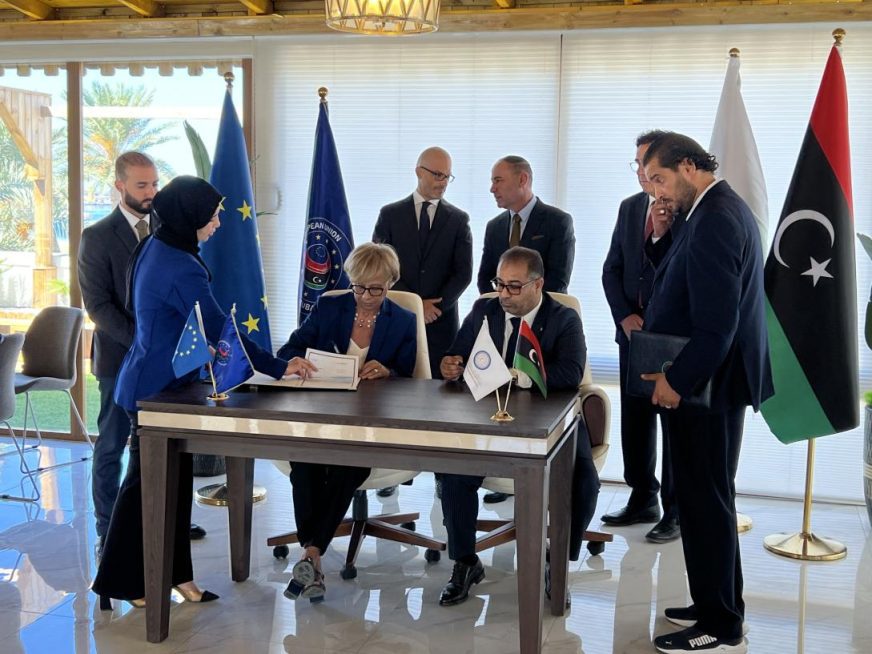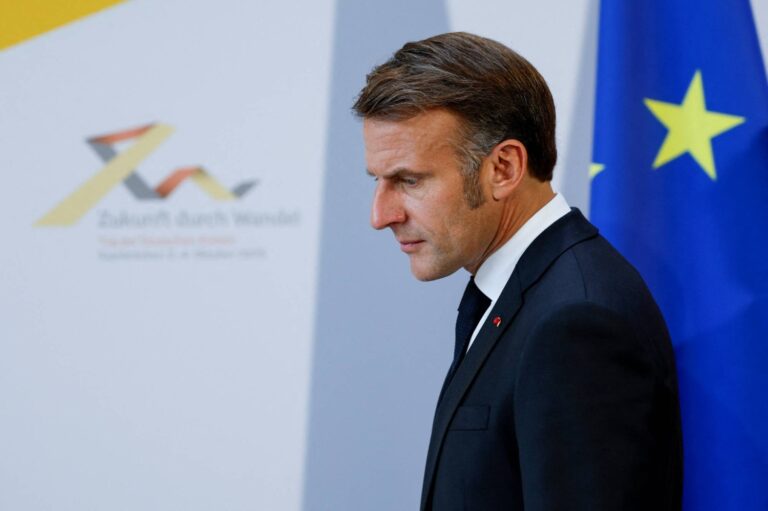
Libya has announced its readiness to work closely with European countries to manage the rising flow of migrants across the Mediterranean. This decision comes as many African migrants continue to pass through Libya in their efforts to reach Europe, often risking their lives during the journey.
The Libyan government expressed a strong desire for deeper cooperation to curb illegal migration. It emphasized the importance of mutual respect, joint planning, and shared responsibility. Officials are requesting increased international support, particularly from European partners, to enhance border monitoring systems and strengthen the coastguard.
Libya’s Interior Ministry officials argued that reducing irregular migration would benefit both regions. They believe improved communication and better resource sharing could enhance operations at sea and on land. Many migrants travel through harsh desert routes before reaching Libya, then attempt dangerous sea crossings.
In recent months, more people have taken the central Mediterranean route, considered one of the deadliest for migrants. Libyan authorities have stated they cannot manage the situation alone and urged Europe to support more effective search and rescue efforts. They also highlighted the urgent need to upgrade infrastructure at detention and transit centers.
European countries, especially Italy and Malta, have pushed for tighter migration controls. Concerned by growing migration numbers, they want North African nations to play a larger role. Libya is seizing this moment to show its willingness to contribute to a long-term, cooperative solution.
Officials called for a clear agreement that outlines responsibilities on both sides. They proposed new deals that include training for border personnel, funding for humanitarian support, and stronger legal migration pathways. They also insisted that European partners respect Libya’s sovereignty throughout any collaboration.
While some humanitarian groups have criticized previous cooperation for contributing to migrant mistreatment, Libya says it is ready to reform. The government stated that, with proper support, it can create a system that is safer, more humane, and more effective.
Migration cooperation between Libya and Europe has become a key focus in intercontinental talks. European leaders have pledged greater investment in joint initiatives, and Libya has welcomed technical support, equipment, and expert guidance. Both sides agree that addressing irregular migration requires a unified and strategic approach.
Libya hopes stronger ties with Europe will help improve its international image and strengthen regional security. It also seeks to ease pressure on overcrowded, underfunded facilities. Officials expressed optimism that new agreements could bring stability to communities and reduce risks for migrants.
Migrants continue to dream of better lives in Europe, and Libya remains a major transit point. With this renewed commitment, the country signals its desire to be part of the solution. Ongoing discussions could pave the way for a future where migration is managed with safety, dignity, and cooperation.

